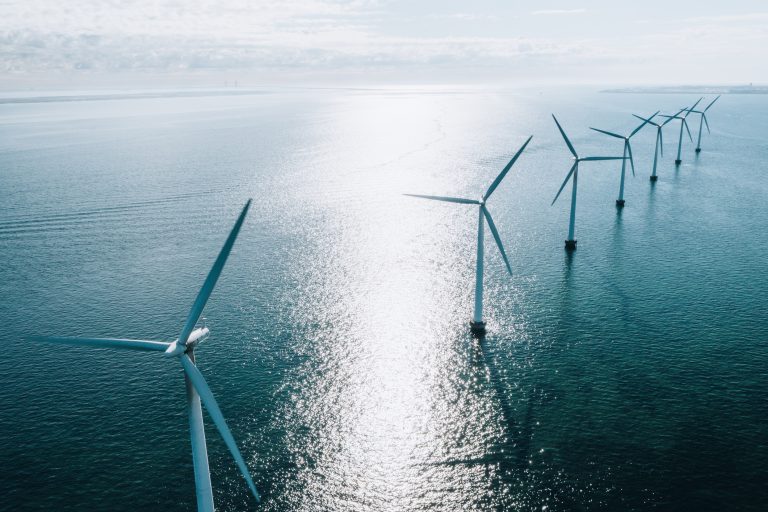
The destruction that Hurricane Helene brought to Western North Carolina in September, followed by this month's wildfires in Southern California, illustrates the financial risk that increasingly unpredictable weather can pose to homeowners and the insurance system.

We explore whether the actions of one regulator can affect the efficacy of another regulator. We investigate this idea in the context of environmental enforcement, which is a primary mechanism to combat industrial pollution and climate change. Specifically, we examine whether bank regulatory oversight affects the ability of environmental enforcement to reduce industrial emissions. We predict that bank regulatory oversight can constrain the availability of bank loans, hindering firms' ability to obtain financing for greener technologies and thus mitigating the efficacy of environmental enforcement.
We study commitments to reduce emissions by firms subject to the European Union Emission Trading System (EU ETS), the world's largest cap-and-trade program. Commitments are associated with a drop in the number of carbon allowances surrendered, consistent with firms taking actions to reduce their emissions. However, firms subsequently increase their sales of allowances on the secondary market, transferring the right to pollute to others and potentially leaving aggregate emissions unchanged.
This study examines the spillover effect of environmental enforcement through private lending networks. Financial lending institutions face growing public and regulatory pressures to manage and reduce environmental risks relating to their lending activities and therefore are motivated to monitor corporate borrowers’ environmental practices.
UNC Kenan-Flagler Business School Clinical Associate Professor of Finance Arzu Ozoguz discusses the SEC's anticipated new rules around sustainability.
Can investing in polluting industries be a tool for fostering sustainability? Yes, according to research by Kenan Institute Distinguished Fellow Jacquelyn Pless, and it may be more effective than divesting.

Pless, a Kenan Institute Distinguished Fellow, will discuss the degree to which divestment versus continued investment in polluting industries might help drive the transition to a cleaner economy.

How U.S. Nuclear Power Can Rise Again
The high cost of building plants and safety concerns are among the obstacles blocking U.S. nuclear power’s return to relevance as an energy source, but the opportunity is there and government action will play a part.
Nuclear power’s star has dimmed in recent years, diminished by the rise of solar, wind and natural gas as well as the 2011 disaster at Japan’s Fukushima plant. Now many nations, suddenly in need of a secure, clean energy source, have plans to reopen or extend the lives of their existing facilities.
Patagonia founder Yvon Chouinard and his family will transfer ownership of the company – valued at roughly $3 billion – to two newly created environmental trusts. In this Kenan Commentary, we ask four questions to determine how Chouinard’s move fits into the framework of the institute’s annual theme, stakeholder capitalism, and whether a better comparison is the laudable but more common idea of an altruistic business owner.
Mark Little, executive director of the Kenan Institute-affiliated center CREATE, provided expert testimony in a process that resulted in a May 11 settlement agreement regarding contracting and hiring practices for Dominion Energy’s $9.8 billion Coastal Virginia Offshore Wind renewable energy project.





On Site at COP29: Hope and Hard Realities
UNC-Chapel Hill’s youth representative at this year’s UN climate conference offers her thoughts on key outcomes, the role of the private sector, and the power of diverse and cross-generational perspectives in finding solutions.